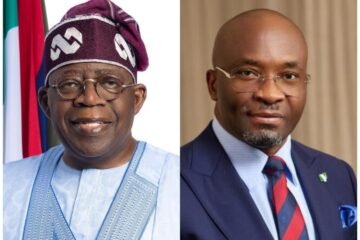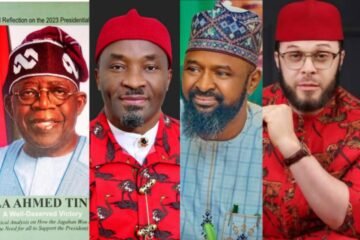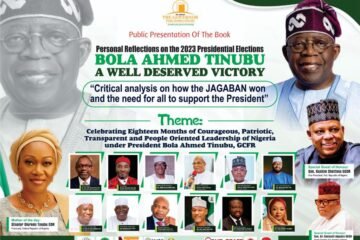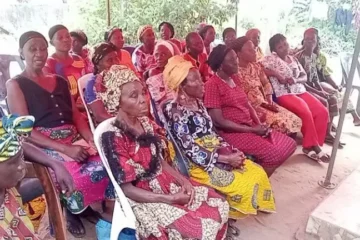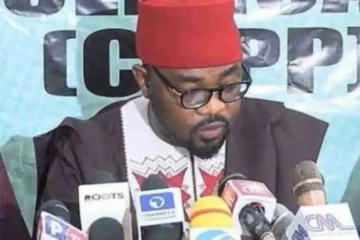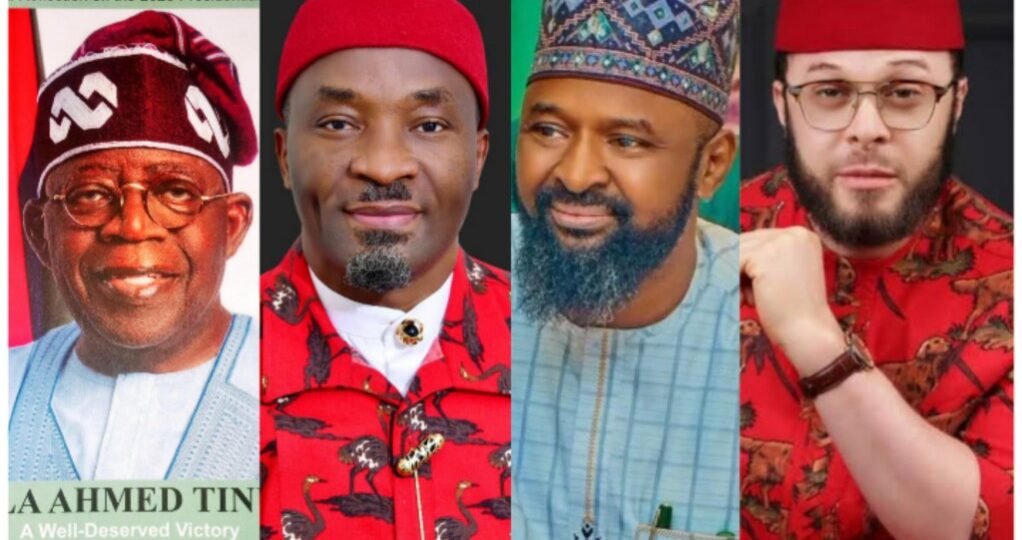The Deputy Speaker of Federal House or representatives, Rt. Hon. Benjamin Kalu, is massively mobilizing members of the green chamber towards a book launch in honour of President Bola Ahmed Tinubu, GCFR, on Monday 25th November, 2024 at State House Conference Centre, Presidential Villa, Abuja.
The 2023 presidential election in Nigeria was a pivotal moment in the country’s democratic history. The Independent National Electoral Commission (INEC) and the Judiciary played critical roles in ensuring the election’s credibility and addressing allegations of rigging.
INEC, under Professor Mahmood Yakubu’s leadership, conducted an election widely regarded as transparent and credible. The commission’s efforts to prevent rigging included effective voter registration and verification processes, deployment of technology to enhance transparency, and collaboration with security agencies to ensure secure voting environments.
Despite these efforts, some candidates and political parties alleged rigging. However, INEC’s commitment to transparency and accountability helped mitigate these concerns. Notably, only two candidates out of eighteen contested the results, indicating a high level of satisfaction with the electoral process.
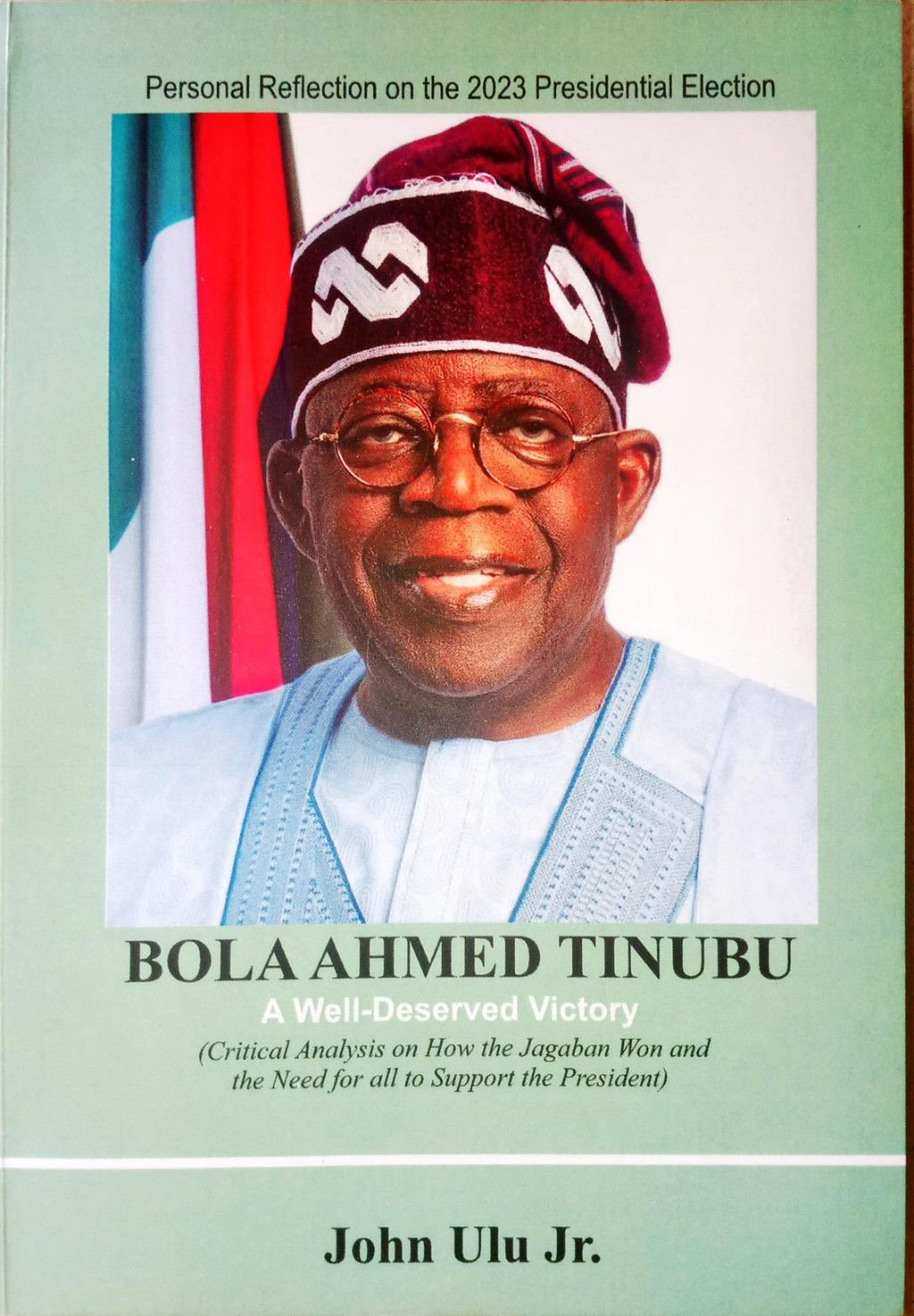
The Judiciary played a vital role in addressing electoral disputes and allegations of rigging. The courts expedited electoral cases to ensure timely resolution, applied the rule of law in resolving disputes, and upheld the constitution and electoral laws. In upholding INEC’s declaration of Senator Bola Ahmed Tinubu as the winner, the Judiciary’s decisions validated the integrity of INEC’s processes and the election’s overall credibility.
Alhaji Atiku Abubakar and Mr. Peter Obi alleged rigging and electoral malpractices, but these claims were not substantiated in court. The Judiciary’s verdicts underscored the credibility of INEC’s processes and demonstrated Nigeria’s commitment to democratic principles and the rule of law.
The 2023 presidential election marked a significant milestone in Nigeria’s democratic journey. INEC and the Judiciary played critical roles in ensuring the election’s credibility and addressing allegations of rigging. Their efforts demonstrated Nigeria’s growing commitment to democratic principles, transparency, and accountability.
As Nigeria continues to strengthen its democratic institutions, the roles of INEC and the Judiciary remain vital in ensuring free, fair, and credible elections. The country’s ability to conduct credible elections and address electoral disputes in a timely and lawful manner is essential for its democratic growth and stability.
The outcome of the 2023 presidential election serves as a testament to Nigeria’s progress in consolidating its democracy. Despite initial concerns and allegations, the election’s credibility was ultimately upheld by the Judiciary, reinforcing the importance of Nigeria’s democratic institutions.
In conclusion, the 2023 presidential election highlighted the significance of INEC and the Judiciary in ensuring Nigeria’s democratic progress. Their commitment to transparency, accountability, and the rule of law will continue to shape the country’s democratic future.
Deputy Speaker Kalu Defends INEC, Judiciary in Upcoming Book on 2023 Elections
The Deputy Speaker of Federal House or representatives, Rt. Hon. Benjamin Kalu, is massively mobilizing members of the green chamber towards a book launch in honour of President Bola Ahmed Tinubu, GCFR, on Monday 25th November, 2024 at State House Conference Centre, Presidential Villa, Abuja.
The 2023 presidential election in Nigeria was a pivotal moment in the country’s democratic history. The Independent National Electoral Commission (INEC) and the Judiciary played critical roles in ensuring the election’s credibility and addressing allegations of rigging.
INEC, under Professor Mahmood Yakubu’s leadership, conducted an election widely regarded as transparent and credible. The commission’s efforts to prevent rigging included effective voter registration and verification processes, deployment of technology to enhance transparency, and collaboration with security agencies to ensure secure voting environments.
Despite these efforts, some candidates and political parties alleged rigging. However, INEC’s commitment to transparency and accountability helped mitigate these concerns. Notably, only two candidates out of eighteen contested the results, indicating a high level of satisfaction with the electoral process.
The Judiciary played a vital role in addressing electoral disputes and allegations of rigging. The courts expedited electoral cases to ensure timely resolution, applied the rule of law in resolving disputes, and upheld the constitution and electoral laws. In upholding INEC’s declaration of Senator Bola Ahmed Tinubu as the winner, the Judiciary’s decisions validated the integrity of INEC’s processes and the election’s overall credibility.
Alhaji Atiku Abubakar and Mr. Peter Obi alleged rigging and electoral malpractices, but these claims were not substantiated in court. The Judiciary’s verdicts underscored the credibility of INEC’s processes and demonstrated Nigeria’s commitment to democratic principles and the rule of law.
The 2023 presidential election marked a significant milestone in Nigeria’s democratic journey. INEC and the Judiciary played critical roles in ensuring the election’s credibility and addressing allegations of rigging. Their efforts demonstrated Nigeria’s growing commitment to democratic principles, transparency, and accountability.
As Nigeria continues to strengthen its democratic institutions, the roles of INEC and the Judiciary remain vital in ensuring free, fair, and credible elections. The country’s ability to conduct credible elections and address electoral disputes in a timely and lawful manner is essential for its democratic growth and stability.
The outcome of the 2023 presidential election serves as a testament to Nigeria’s progress in consolidating its democracy. Despite initial concerns and allegations, the election’s credibility was ultimately upheld by the Judiciary, reinforcing the importance of Nigeria’s democratic institutions.
In conclusion, the 2023 presidential election highlighted the significance of INEC and the Judiciary in ensuring Nigeria’s democratic progress. Their commitment to transparency, accountability, and the rule of law will continue to shape the country’s democratic future.

